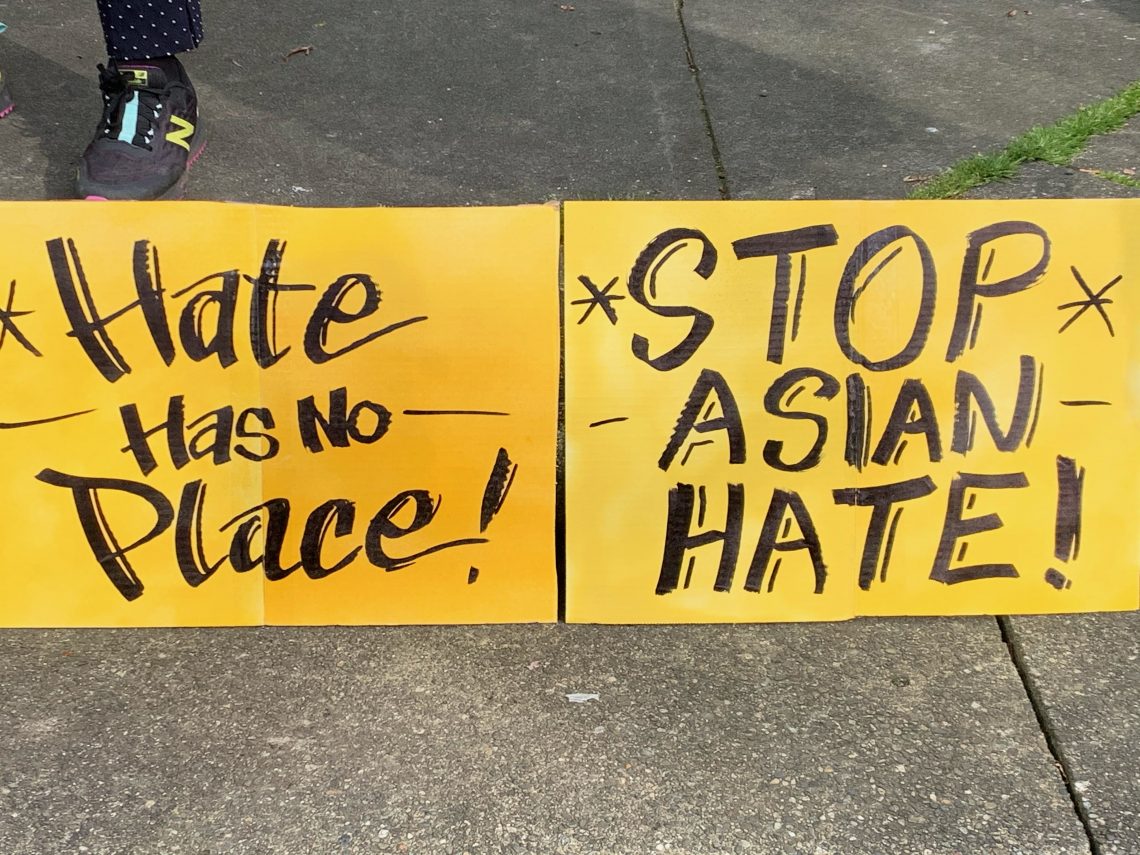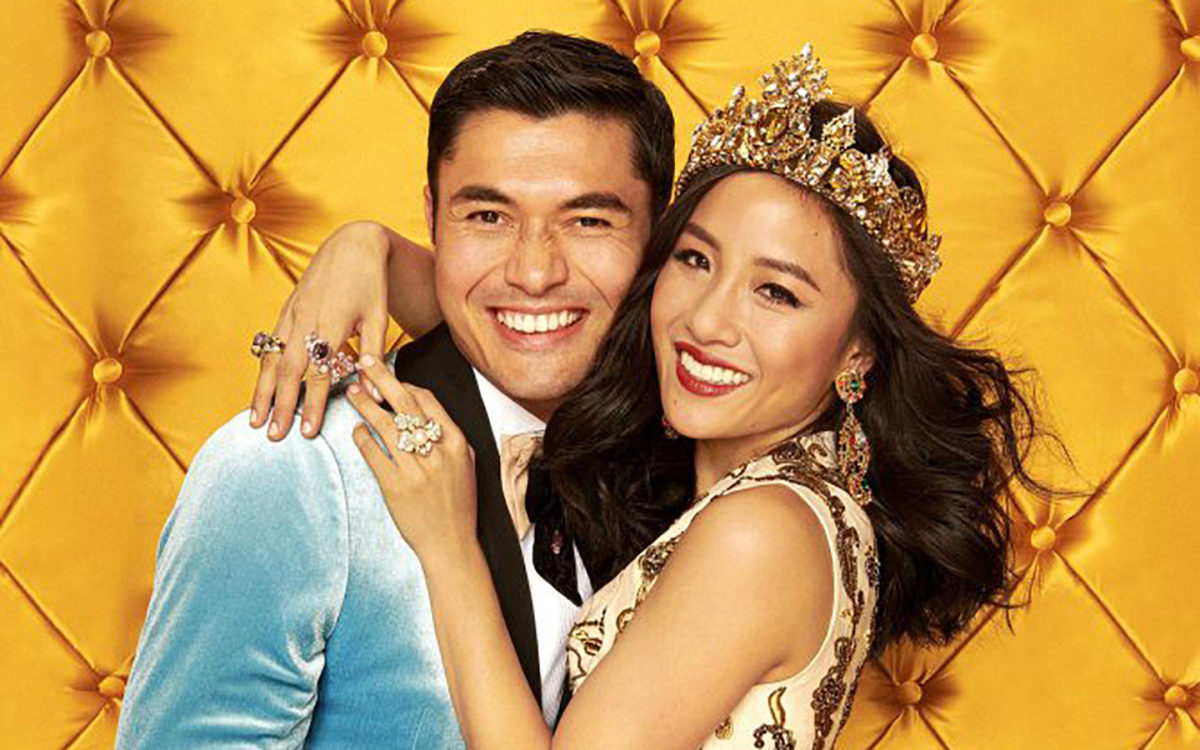By Guest Contributor: Daisy H. Sim
When the news of Atlanta first hit, I just came home after canvassing for a vigil for Mycheal Johnson, a Black man who was murdered by Tallahassee Police Department (TPD) last year. The anniversary of his death was on March 20th, and I didn’t want his legacy to die.
In that context, iIt was distressing to hear that six Asian women had been targeted for being perceived as sex workers. It was upsetting to watch as our society dehumanized these victims, while they spoke kindly to the monster who did this: iving excuses like “he had a bad day” and that he’s a “good Christian boy struggling with a sex addiction.” What made this personal for me was that this man was driving down to Florida to commit more of these crimes I can’t help but imagine that in this he meant to kill more Asian women: furthermore, the nearest city with a significant Asian American population in Long’s route south was the very city I was posting up flyers for a vigil. I felt unsafe in a way that I’ve rarely experienced. So I had to do something. Which is why I’ve decided to organize a Stop Asian Hate rally here in Tallahassee, Florida.
I felt unsafe in a way that I’ve rarely experienced. So I had to do something. Which is why I’ve decided to organize a Stop Asian Hate rally here in Tallahassee, Florida.
This task was enormous. From making the flyers, reaching out to local organizations, and drafting a press statement and media advisory; these were tasks that I’ve never done before. I have a STEM background so anything with graphic design was rough.
I found myself nitpicking the various slogans and hashtags that Asian Americans were utilizing. “Asian Lives Matter” co-opts the Black Lives Matter movement. “Hate is a Virus” reduces Asian American oppression to the recent COVID-19-related increase. “Stop Asian Hate” focuses too much on hate crimes and not on the systemic issues that Asians should focus on. Also, it was very hard to find images of Asian American activism without stealing images of Black Lives Matter (like the fist) or very Orientalist images — such as fat tigers and dragons.
(I’ve talked to someone about this issue with Canvas and apparently this issue was enough for them to email Canvas, where a representative from Canvas has assured them that they will update their images.)
At the end of the day, I’ve realized just how much more we have to do as a community to advocate for ourselves. Organizing is hard work that rarely gets recognized. The tools readily available aren’t accessible, and it’s up to us to push for inclusion. Also I’ve messed up: I added an image of a FBI informant on my flyer which kind of defeats the purpose of a multicultural unity. Altogether, this taught me that there’s so much more to learn regarding my Asian American history.
Despite slowly losing confidence in my ability to speak as a representative for this issue, I was scheduled to do a small interview with my local news. I was so underprepared — I was live when I thought this was going to be a quick phone call. I barely got the chance to prepare myself both physically and mentally for being on camera. My correspondence with other local Asian American organizations didn’t fare so well either. My phone was blowing up with different people, and I couldn’t keep up with who was whose. I would find myself struggling to find the confidence to initiate conversations — after all, wasn’t I a nobody with no title? That imposter syndrome followed me throughout my conversations. Finding out that other organizations are balancing multiple events while I’m barely working on one just made me feel exhausted. There’s so much work that needs to be done yet I’m barely surviving this week. Despite the natural comparison to my abilities, seeing how quickly New York was able to conduct dozen’s of vigils, rallies and protests was inspiring. It showed me that there are others who are mobilizing for our most vulnerable people, and they are so much better at it than me. It reassured me that the more we mobilize, the more people will naturally come.
The event I organized took place Saturday, March 27th at 5pm at the Capitol. We had eight speakers who will speak out from local organizations such as Tallahassee Community Action Committee, Freedom Road Socialist Organization, Dream Defenders, Asian Coalition of Tallahassee, & FSU’s Filipino Student Association. I hoped that I wouldn’t face any violence like I have in the past protests here in Tallahassee, FL. Activism here has been harder recently with Florida’s State Anti-Protesting Bill currently in session. This bill, which is currently in the House Floor, would make it legal to run over protestors. But the backdrop of looming threats (both the rising hate crimes against Asians and rising COVID-19 cases) will remain and we cannot ignore the cries from Asians any longer.
Organizing for this rally has taught me that us Asians are capable of so much more when we unite. Individually we may feel like shit and that our voice is so insignificant, but when we focus on the work that needs to be done, we’re capable of so much more. I hope in writing this reflection that I help to show how literally anyone — even those with ZERO EXPERIENCE — can organize a protest. It’s helpful to have a graphic design background for the flyers, decent writing abilities to draft a media advisory, a press release, and a knack for social media and public speaking. If you have these skills, PLEASE help out your local organizations with protest planning. We can do it and we’re obligated to do so.
Organizing for this rally has taught me that us Asians are capable of so much more when we unite. Individually we may feel like shit and that our voice is so insignificant, but when we focus on the work that needs to be done, we’re capable of so much more.
Asian people are dying and those who are still alive owe it to those who aren’t here to do the hard work to advocate on their behalf. If you feel you’re not ready, then please further educate yourself and those surrounding you about this issue. If you’re afraid to spearhead an event on your own, then find an organization who is and go help them. Either way, there’s so much work that needs to be done and we’re waiting on you to join us.
Daisy Sim is a first time organizer organizing a Stop Asian Hate rally in Tallahassee, FL.
Learn more about Reappropriate’s guest writing program and submit your work here.


